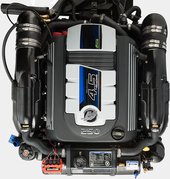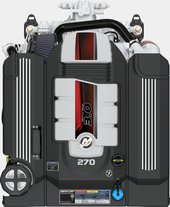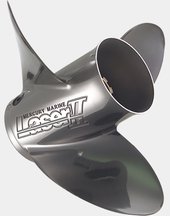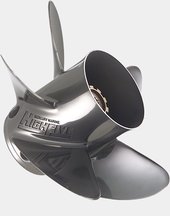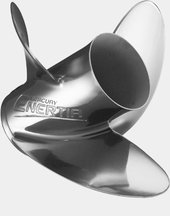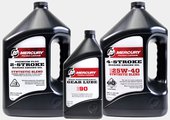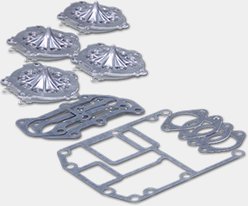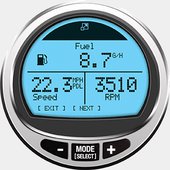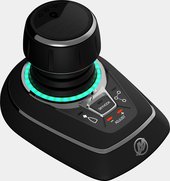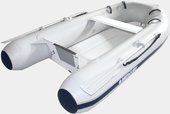Mercuryニュース
Mercury Marine releases 2020 Sustainability Report highlighting company’s commitment to environmental and social responsibilities.
Mercury Marine today released its 2020 Sustainability Report. The document details the company’s progress through the end of last year in advancing its sustainability mission around four key pillars: Energy, Environment, Product and People. The report discusses these efforts in the context of new sustainability goals that Mercury announced roughly one year ago, after having accomplished all of its decade‑end goals in December 2019.
The 2020 report also highlights measures the company adopted to confront the extraordinary challenges of not only operating the business but also continuing to pursue sustainability amid the global pandemic.
“We needed to reengineer many work processes and procedures to discourage the spread of COVID‑19 while continuing to build products that people could enjoy in wide‑open marine environments,” said Chris Drees, Mercury Marine president. “Because we responded quickly, we had an outstanding year and provided consumers with the world’s best products for escaping to the water. We refused to put our sustainability initiatives on pause. In 2020, we modified our sustainability practices to overcome unique challenges, and we upheld our responsibilities.”
Mercury’s energy‑conservation goals are to reduce global energy consumption by a quarter before the end of 2025 and to derive half of its total electricity consumption from renewable sources by the end of 2030.
Regarding the latter objective, Mercury last year accomplished a significant step with the installation of the first solar array located on the company’s world‑headquarters campus in Fond du Lac, Wisconsin. The collection of rooftop solar panels will generate enough electricity to light the warehouse operation in Fond du Lac for the next 30 years. This array is the company’s second worldwide, following the installation in 2017 of a large array at Mercury’s European headquarters in Petit‑Rechain, Belgium.
Mercury also continues to reduce energy consumption with initiatives such as modernization of HVAC and lighting systems, containment of compressed‑air systems, optimization of power on/off cycles for equipment and facilities, redirection of manufacturing‑generated heat for multiple purposes and incorporation of natural lighting and passive heating into the design of new facilities.
With a deadline of year‑end 2025, the company’s goals for protecting the environment include reducing water consumption by 25% in comparison to a 2016 baseline and making half of its global warehouse operations landfill‑free.
Mercury continues to design manufacturing and related processes that minimize waste, focusing on the recycling and reuse of materials and water. Mercury employs 100% recycled aluminum to create the patented alloys that it uses in die‑casting lightweight and durable marine engine components. Warehouse operations reuse and/or recycle paper, cardboard, wood, metal, plastic and other materials used for packaging and shipping.
The company’s product‑related goals aim to minimize the environmental effects of boaters’ use of Mercury products. The latest generation of Mercury outboards exemplifies how state‑of‑the‑art technology and thoughtful design can help to preserve natural environments. Mercury V8 and V6 outboard engines earned the Business Friend of the Environment Award from Wisconsin Manufacturers & Commerce (WMC). Without sacrificing performance or durability, these outboards are lightweight, requiring less raw material in their construction; are leaders in fuel efficiency; are surprisingly quiet and smooth to operate; and carry a three‑star, “Ultra Low Emissions,” rating from the California Air Resources Board (CARB).
People‑focused goals promote employees’ engagement, health, volunteerism and philanthropy. Mercury encourages participation in the Be Your Best program that parent company Brunswick Corporation makes available to all employees. The drivers of Brunswick’s Diversity, Equity and Inclusion (DEI) initiatives partner with Mercury Human Resources to ensure that Mercury is a welcoming and inclusive employer for people representing a broad spectrum of backgrounds and characteristics. Mercury organizes sustainability‑oriented activities that attract broad participation from employees, including food drives, recycling events and environmental‑cleanup efforts. Mercury facilitates employees’ involvement in charitable causes, including those that fight poverty, hunger, homelessness and disease, as well as others that provide education and needed services to the community.


